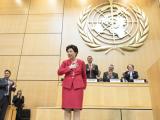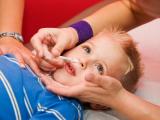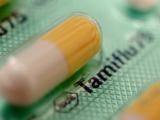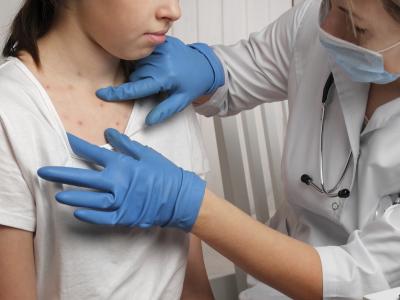Oct 8, 2009
Lack of paid sick leave could spread flu
A lack of paid sick leave could force working parents either to report to work sick with flu or to send their children to school sick, at the risk of sacrificing either income or their jobs, ABC News reports. Up to 54 million Americans, many of them self-employed or employees of small businesses, have little or no paid sick leave, an issue that advocates hope to bring before Congress.
http://abcnews.go.com/Health/SwineFluNews/unpaid-sick-days-leave-parents-tough-choices-flu/story?id=8775513
Oct 7 ABC News report
Spring wave may have given NYC some protection
New York City and a few other cities that had big H1N1 outbreaks in the spring are seeing little activity now, leading to suggestions that the spring wave spawned a significant level of population immunity, the New York Times reported today. City health officials believe that perhaps 20% to 40% of the population were exposed to the virus in the spring and gained immunity. But city officials and other experts agreed it would be unwise to assume that New Yorkers don't need the H1N1 vaccine.
http://www.nytimes.com/2009/10/08/health/08flu.html?ref=health
Oct 8 New York Times story
Third of parents may say no to kids' vaccine
Concerned over the new H1N1 vaccine, or unconcerned about the seriousness of the disease, 38% of parents say they are unlikely to permit their children to be vaccinated during school programs planned by many states, according to an Associated Press (AP)-GfK poll. Federal health officials vouched for the vaccine's safety, urging widespread inoculation. Among concerns are the newness of the vaccine and potential side-effects.
Oct 7 AP story
New Web resources for individuals, families
The federal government's www.flu.gov Web site has two new features, the Department of Health and Human Services (HHS) announced yesterday. A self-evaluation section for adults offers a click-through assessment aimed at determining whether flu is or is not present, followed by guidance on self-care, preventing transmission, and warning signs of serious disease. "Flu Myths and Facts" provides accurate refutations of common misconceptions about vaccinations and the disease itself.
http://www.hhs.gov/news/press/2009pres/10/20091007a.html
Oct 7 HHS news release
CDC unveils system to gather data on flu-like illness
The CDC today announced the launch of a system to gather data about influenza-like illness (ILI) from syndromic surveillance systems run by health departments in cooperation with hospital emergency departments. The system, called Distribute, enhances existing flu surveillance by providing more details on geographic- and age-specific trends, the agency said. The system involves a partnership of the CDC with the International Society for Disease Surveillance and the Public Health Informatics Institute.
http://www.cdc.gov/mmwr/preview/mmwrhtml/mm5839a5.htm
CDC announcement in Oct 9 MMWR
Canadian H1N1 vaccination to lag US by weeks
Canada's national campaign to vaccinate residents against the H1N1 flu is likely to begin in early November because attempts to move up the shots' delivery have not been successful, according to the Canadian Press. The US campaign uses multiple suppliers and began with a roll-out of aerosol vaccine; Canada uses only one manufacturer, and aerosol vaccine is not approved for sale there.
Oct 6 Canadian Press report
Michigan man recounts 7-week H1N1 battle
A Michigan man who barely survived a battle with the H1N1 virus is expressing support for the vaccination campaign, according to ABC News. Jim Shrode, 53, was in excellent health before he fell ill with the virus in May. He was hospitalized for 7 weeks, required mechanical ventilation, and lost 37 pounds. "People need to know that the risks of the vaccine are minimal compared to the risks if you get ill with it," he said.
http://abcnews.go.com/GMA/surving-swine-flu/story?id=8777207
Oct 8 ABC News report


















